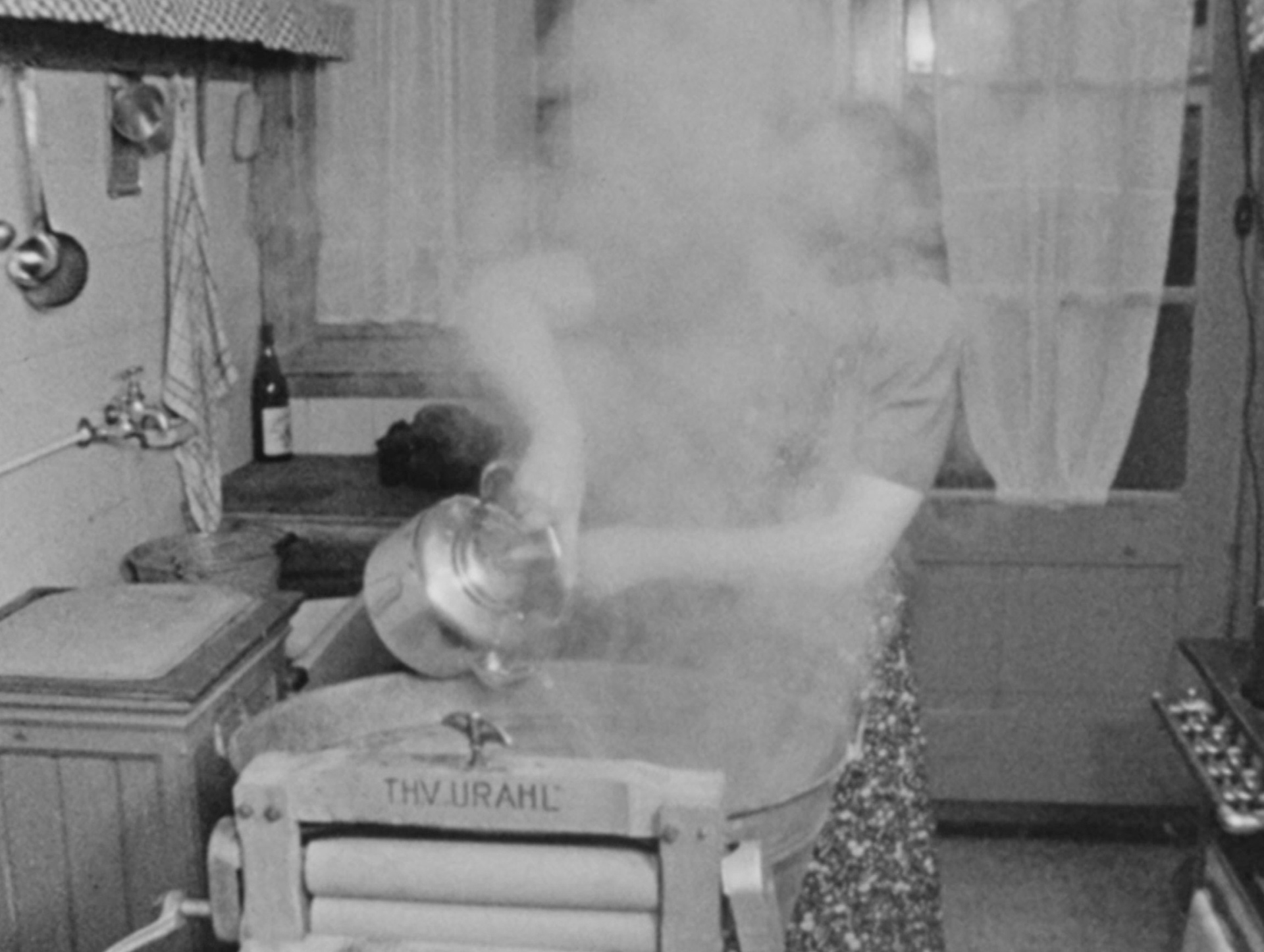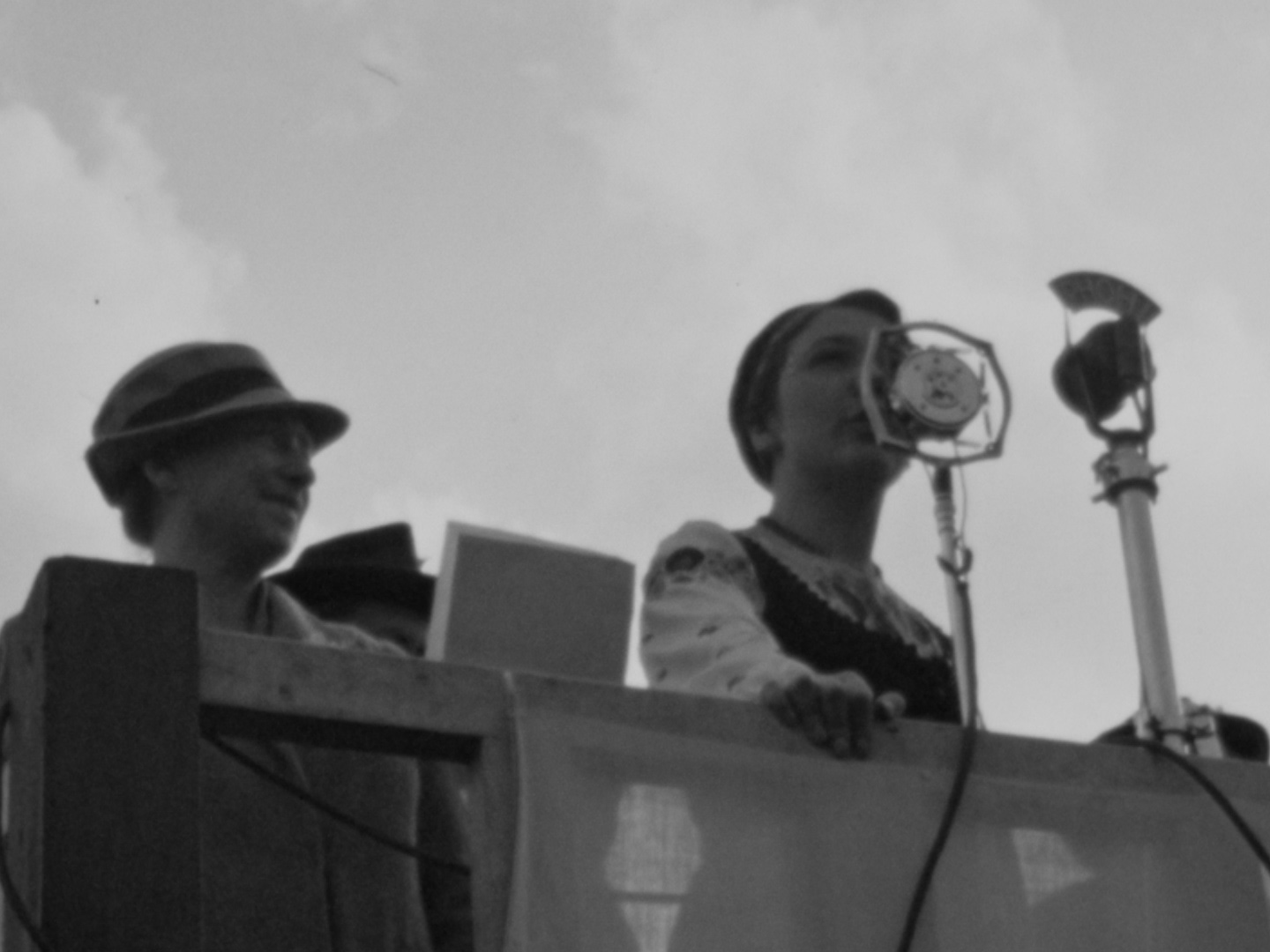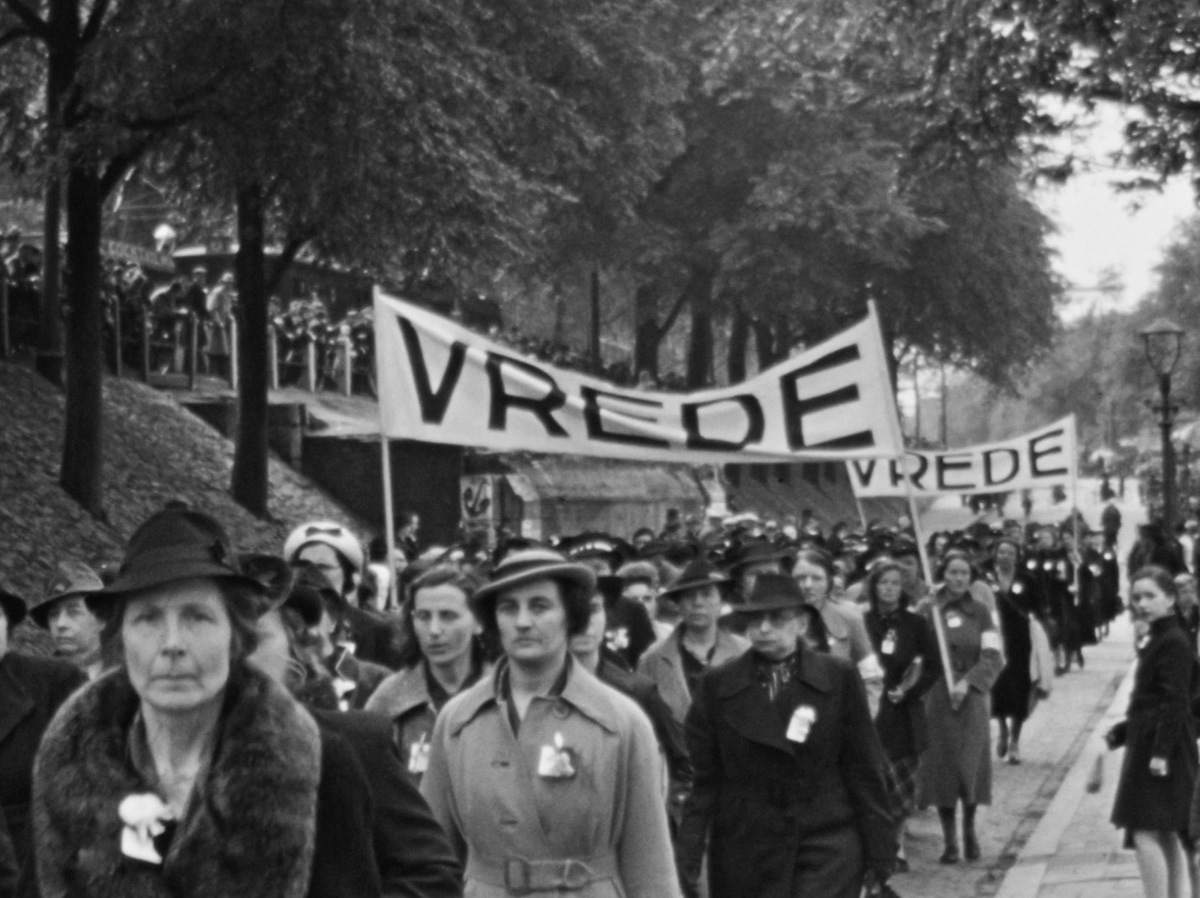Remanence
2024, film, 22 min
2024, film, 22 min
Reviews
“Gripping testimonies and rare archives of the
pre-war feminist and pacifist movement in the Netherlands”
—Pink Screens
pre-war feminist and pacifist movement in the Netherlands”
—Pink Screens
“This film brought burnt memories back to life from their ashes like a phoenix, by giving women their voice back on a topic that is still relevant today, which felt very empowering for the student jury.”
—Student Jury InScience Film Festival Nijmegen
"Remanence highlights how events persist over time, surfacing the traces and echoes of gender politics left in the memory of the protagonists and each of the spectators"
—Unarchive Found Footage Festival Rome
“Ultimately, Remanence chooses not to fetishise the archive, emphasizing instead the reverberations of memory—and in doing so, perpetuates it.”
—Antoine Thirion (critic, programmer)
Trailer here
Credits
Writer/director/editor Sabine Groenewegen
Composer Malu Peeters
Additional Sound Editor Michael Bucuzzo
Soundmix Wart Wamsteker
Postproduction Producer Adela Botcher
Title Design Frederique Gagnon
Composer Malu Peeters
Additional Sound Editor Michael Bucuzzo
Soundmix Wart Wamsteker
Postproduction Producer Adela Botcher
Title Design Frederique Gagnon
Supported by
Amarte Foundation | Wilhemina Drucker Foundation | Espacio Azala | Sound & Vision | Dutch Shorts
Festivals & Venues
Cinéma du Réel, International Competition, Paris
Pink Screens, International Competition, Brussels
Festival dei Popoli, Feminist Frames, Florence
Kunstfort Vijfhuizen, Exibition, Vijfhuizen
Yogyakarta Documentary Festival, Yogyakarta
InScience Film Festival, (Honorable Mention), Nijmegen
Unarchive Found Footage Fest, Int. Competition, Roma
Pink Screens, International Competition, Brussels
Festival dei Popoli, Feminist Frames, Florence
Kunstfort Vijfhuizen, Exibition, Vijfhuizen
Yogyakarta Documentary Festival, Yogyakarta
InScience Film Festival, (Honorable Mention), Nijmegen
Unarchive Found Footage Fest, Int. Competition, Roma
Logline
Combining testimonies from recently discovered oral history and never-before-seen film footage, this short film evokes a lost history of a women’s peace movement in which women worked across social divides towards collective action in the 1930’s.
Synopsis
In a 1981 Dutch oral history project, two researchers recorded testimonies of several members of a 1930’s women’s anti-war movement. There remain few records of this history, whose actors were forced to destroy or burn any and all evidence likely to incriminate them. By the time of the oral history project, all remaining women were in their late 80’s. Grappling with a faltering memory, one member regrets not being able to get hold of a film shot during their last collective action, carried out in Rotterdam in 1939, before the bombing of the city. Following the execution of the person who made the film the material was left to be forgotten in a private collection. These two archives, recently recovered by Groenewegen and never before seen or heard, make up the material of Remanence. At each level, her film emphasizes the way in which events persist across time, highlighting the traces and echoes of gender politics left in the memories of the protagonists and in each of the viewers. These women’s experiences, both intimate and political, highlight a history of internationalist struggles against rising fascism and its recapitulation of patriarchal norms, drawing a connection with feminist struggles across the world.


